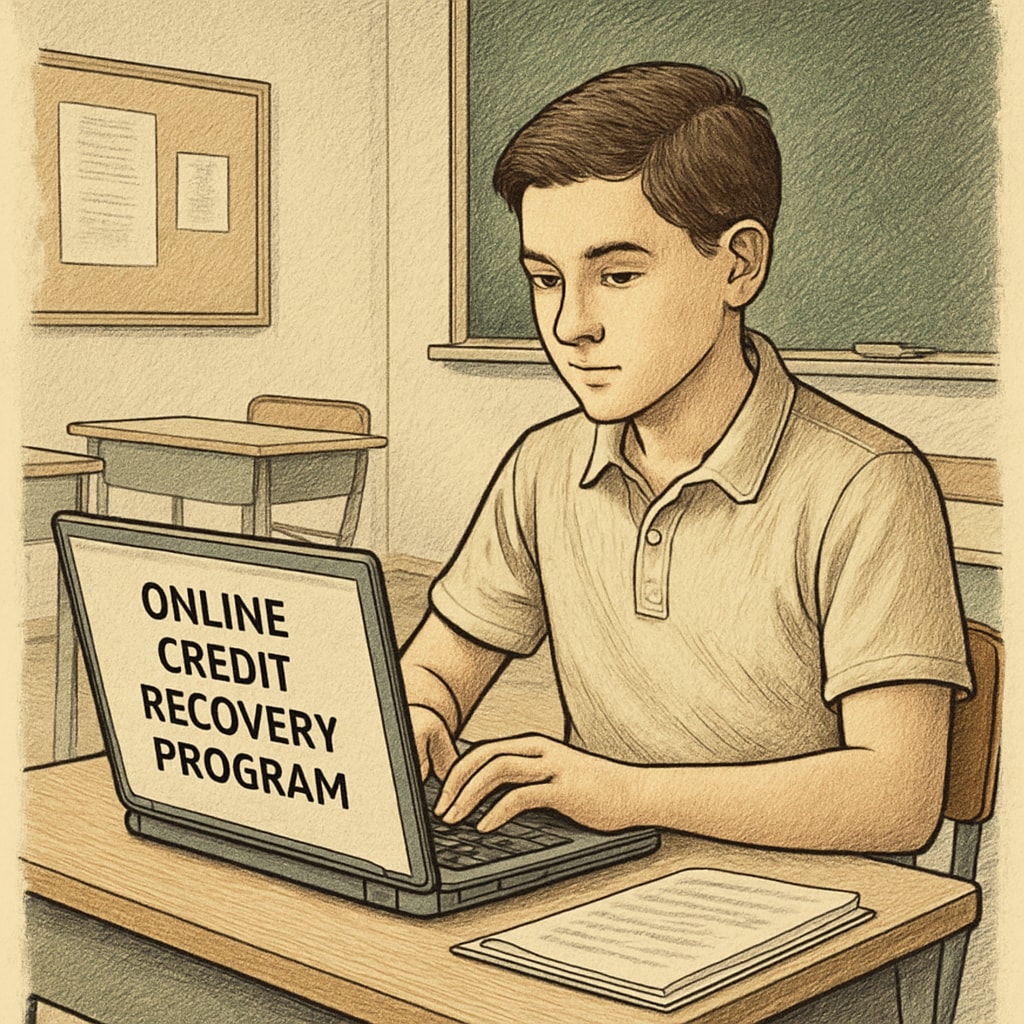High school credits deficiency can pose a serious obstacle for students aiming to graduate on time. Whether caused by family challenges, health issues, or other circumstances, falling behind in credits can feel overwhelming. However, with the right strategies—including credit evaluation, alternative learning options, resource optimization, and emotional support—students can regain control and achieve their graduation goals.
Assessing the Extent of Credit Deficiency
The first step in addressing high school credit deficiency is understanding how far behind you are. Many schools provide academic counseling services to evaluate your current credit status. Key actions include:
- Requesting a credit audit from your school counselor.
- Identifying required courses and credits for graduation.
- Determining which credits you can earn through alternative methods, such as summer school or online programs.
Being proactive in this stage helps you map out the most efficient path forward.

Exploring Alternative Credit Recovery Options
Traditional classroom settings may not always be feasible for recovering lost credits. Luckily, there are alternative learning opportunities designed for flexibility and efficiency:
- Online Programs: Platforms like edX or Khan Academy offer courses aligned with high school curricula.
- Summer School: Many schools provide intensive summer programs to help students catch up.
- Credit-by-Exam: Some institutions allow students to earn credits by passing competency exams.
- Community College Dual Enrollment: Enrolling in college-level courses may fulfill high school requirements.
These options enable flexibility, allowing students to balance coursework with other responsibilities.

Maximizing School and Community Resources
Schools and communities often offer resources to support struggling students. Consider these avenues:
- Tutoring Services: Seek help from school-provided tutoring or external academic centers.
- Peer Support Groups: Joining study groups can improve motivation and accountability.
- Mentorship Programs: Partnering with a mentor can provide personalized guidance and encouragement.
- Family Support: Involving family members in your recovery plan promotes understanding and collaboration.
Integrating these resources into your plan ensures holistic support in your academic journey.
Maintaining Emotional and Mental Well-being
Recovering from high school credit deficiency can be stressful, especially if family or personal challenges contributed to the situation. Emotional and mental well-being must be prioritized to sustain motivation and focus. Strategies include:
- Practicing self-care through regular exercise, healthy eating, and sufficient sleep.
- Seeking professional counseling if feelings of anxiety or depression arise.
- Setting realistic goals to avoid burnout and build confidence with small achievements.
Remember, graduation is not just about earning credits—it’s about building resilience and preparing for future success.
Conclusion: Turning Challenges into Opportunities
High school credit deficiency does not have to derail your academic journey. With a structured approach to credit evaluation, alternative learning options, resource integration, and emotional support, students can overcome setbacks and graduate on time. By taking proactive steps and staying committed, you can transform obstacles into opportunities for growth.
If you’re facing challenges, don’t hesitate to reach out to your school counselor or explore external educational platforms for assistance. Graduation is within reach—start your recovery journey today!
Readability guidance: This article uses concise paragraphs, clear lists, and actionable advice for readability. Overuse of passive voice and long sentences is avoided, while transitional words ensure flow.


